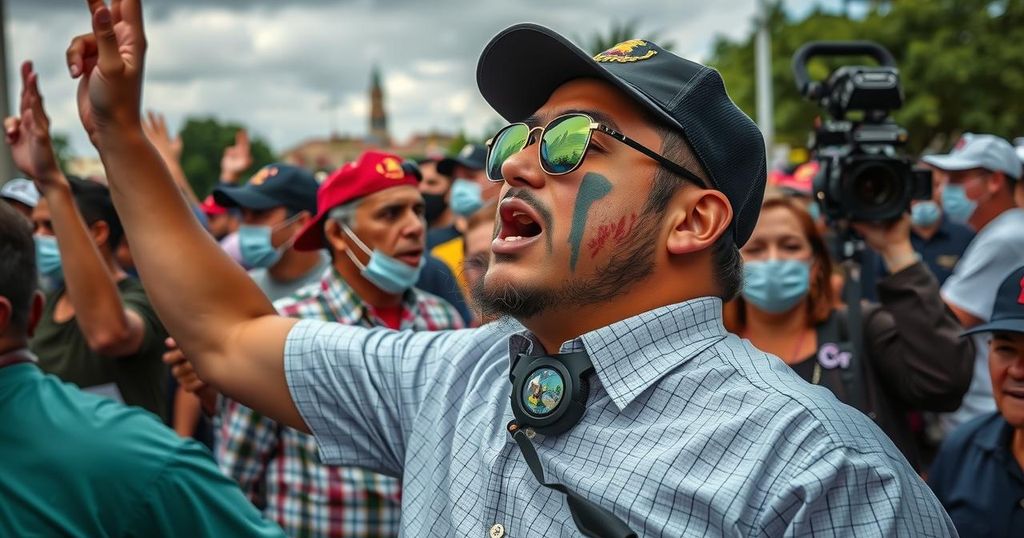Venezuela has released 177 imprisoned election protesters, raising the total to 910 amidst ongoing international scrutiny and allegations of human rights violations following disputed elections. Rights groups remain skeptical about the government’s claims concerning prisoner releases and have reported casualties among detained individuals. The situation unfolds as international attention focuses on potential changes in U.S. policy towards Venezuela with the incoming Trump administration.
Venezuela has reported the release of an additional 177 protesters who were imprisoned following the contentious elections held on July 28, where President Nicolás Maduro claimed victory. The announcement made by Attorney General Tarek Saab brings the number of released individuals to a total of 910, as reported by Reuters. This release is part of a broader context in which, according to rights organizations, approximately 2,000 demonstrators were detained amid violent post-election protests.
Despite the government’s assertions regarding the number of releases, human rights organizations have expressed skepticism regarding the verification of such information. They have noted that at least three protesters have died while in custody since protests erupted after the national electoral council’s declaration of Maduro’s victory, which lacked official vote tallies. Polling prior to the election indicated that Maduro was significantly trailing opposition leader Edmundo Gonzalez, raising further questions regarding the legitimacy of the electoral process.
The Venezuelan Supreme Court has validated Maduro’s victory; however, opposition leaders contend that both the electoral council and the court are heavily influenced by Maduro’s loyalists. The unrest has resulted in a grim toll, with reports of 28 fatalities and nearly 200 injuries during clashes between protesters and security forces, alongside hundreds of arrests. As of early December, rights group Foro Penal identified nearly 1,877 political prisoners in Venezuela.
The recent releases have followed statements from the Attorney General’s office indicating that precautionary measures were enacted in late November, allowing for the release of approximately 225 prisoners under certain conditions. The International Criminal Court (ICC) has also been closely observing the situation, with an inquiry ongoing regarding violence stemming from past elections convened by Maduro. Notably, these releases precede Maduro’s scheduled inauguration for a third term on January 10, amid speculation about potential shifts in U.S. policy under the incoming administration of President-elect Donald Trump, who previously imposed stringent sanctions on Venezuela.
Venezuela has faced significant political turmoil surrounding its electoral processes, particularly under the governance of President Nicolás Maduro. Following the disputed elections of July 28, 2023, which led to claims of excessive violence and electoral manipulation, thousands of citizens took to the streets protesting against the government. The international community, along with human rights groups, has scrutinized the Venezuelan regime for its crackdown on dissent, raising concerns about the legitimacy of electoral outcomes and the treatment of political prisoners. Amidst this crisis, Maduro’s administration has experienced both internal and external pressures, prompting discussions involving the International Criminal Court and various international actors.
The recent announcement of further releases of election protesters in Venezuela is a significant development in a country grappling with deep political and social unrest. As the government aims to navigate international scrutiny and internal dissent, the situation remains complicated by ongoing allegations of human rights violations and political oppression. The outcomes of these developments may hold considerable implications for Venezuela’s future, particularly in relation to U.S. foreign policy under the new administration.
Original Source: www.aljazeera.com






